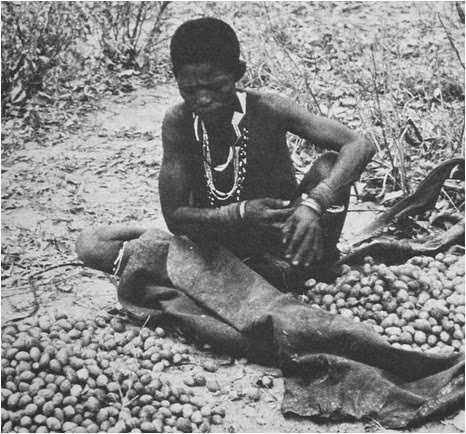How Corporate Health Care Leaders Maintain Their Impunity: The Case of Purdue Pharma's Funding of the Washington Legal Foundation to Attempt to Weaken the Responsible Corporate Officer Doctrine
The ongoing epidemic of narcotic (opioid) abuse, and the resulting rise in the deaths due to overdoses, has focused attention on pharmaceutical companies' aggressive promotion of these drugs which minimized their substantial risk. A recent article in the Intercept showed how the leadership of one such company tried to insulate itself from responsibility for such actions even while such promotions were continuing. Background: Impunity of Top Leaders of Big Health Care Organizations For years, we have railed against the impunity of top leaders of health care organizations. We have noted that despite numerous legal settlements made by health care organizations of alllegations like fraud , bribery , and kickbacks , almost never do top leaders who presided over these actions face any negative consequences. Lack of deterrence caused by such impunity appears to be a major cause of the epidemic of continuing unethical behavior, crime and corruption on the part of large ...



Yorumlar
Yorum Gönder